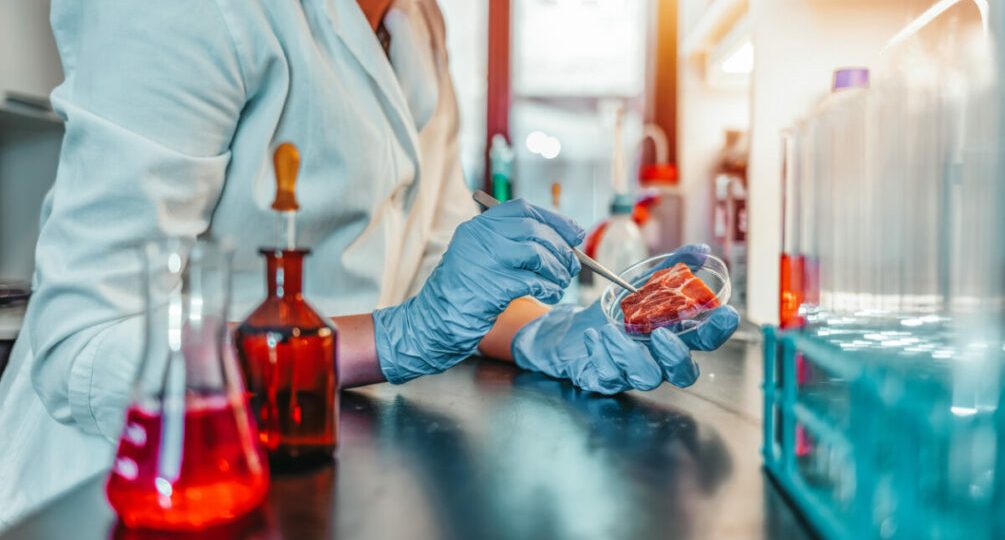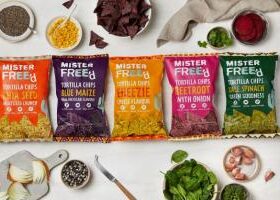Following foetal bovine serum-free growth media approval by the Singapore Food Agency (SFA), Eat Just will be building what is believed to be single largest bioreactor for use in the manufacture of cell-based meat.
The 6,000 litre-capacity bioreactor will be built in partnership with biotech manufacturing company ABEC, Inc., following a $100M investment into GOOD Meat, Eat Just’s cultured meat division. The plant is due to open this year.
So far, Singapore is the only country in the world to allow the commercialisation of cultivated chicken for human consumption. In November 2020, the SFA gave Eat Just the green light to sell their lab-grown poultry meat, currently available at restaurant 1880 and more recently launched at Huber’s Butchery.
Last November California-based Upside Foods, another cultivated meat start-up, received a ‘No Questions’ letter from the US Food and Drug Administration (FDA). The foodtech company will now have to work with the USDA’s Food Safety and Inspection Service (FSIS) to secure the remaining approvals required before its cell-based chicken can be approved for human consumption and commercialised in the United States.
The approval of foetal bovine serum-free growth media is another milestone in the cultured meat sector. FBS is used to feed animal cells, but not only is it very expensive, it’s also not cruelty free – in fact it’s taken from pregnant cows at slaughter.
The backing of non animal-derived growth media would make cultured meat in Singapore truly sustainable, cruelty-free and could potentially drive production costs down. “Not too long ago, observers thought removing serum was a major limiting step to scaling cultivated meat. I could not be prouder of our team for doing just that and receiving approval to commercialize it this week. It’s yet another step forward for our company, the cultivated meat industry and the health of our planet,” said Josh Tetrick, Co-founder and CEO of Eat Just.
“Removing serum from cultivated meat production can drive down costs and set the stage for expanded commercialisation of sustainable protein,” said Mirte Gosker, Managing Director of the Good Food Institute APAC. “Given Singapore’s reputation as a global launchpad for scalable food security solutions, we’re hopeful that other nations will also soon embrace this smarter way of making meat.”
Several cultivated meat companies including Mosa Meat and SuperMeat do not use foetal bovine serum as growth media, opting instead for animal-free solutions often comprising of amino acids, sugar and salt, although different types of cells require growth media variants.
“We congratulate GOOD Meat on achieving this milestone in scaling up cultivated meat production. This complements the company’s work in Singapore to build and operate its bioreactor facility where over 50 research scientists and engineers will develop innovative capabilities in the cultivated meat space such as media optimisation, process development, and texturization of cultivated meat products,” said Damian Chan, Executive Vice President of the Singapore Economic Development Board. “GOOD Meat is a key member of our growing ecosystem of more than 70 alternative protein companies and we look forward to their continued contributions in driving agrifood innovation from Singapore for the region and beyond.”










